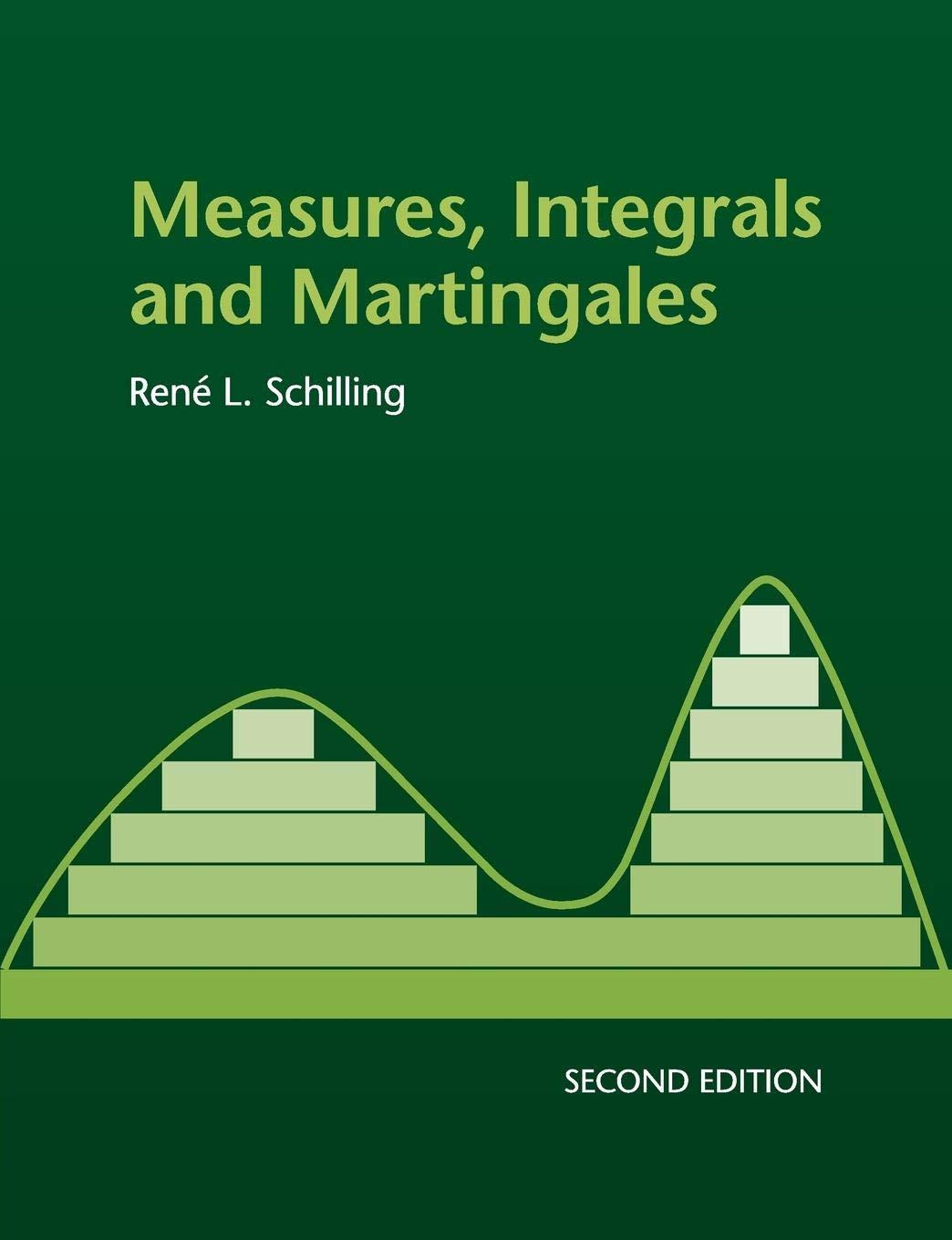Let (left(e_{n}ight)_{n in mathbb{N}} subset mathcal{H}) be an orthonormal system. (i) Show that no subsequence of (left(e_{n}ight)_{n
Question:
Let \(\left(e_{n}ight)_{n \in \mathbb{N}} \subset \mathcal{H}\) be an orthonormal system.
(i) Show that no subsequence of \(\left(e_{n}ight)_{n \in \mathbb{N}}\) converges. However, for every \(h \in \mathcal{H}\), \(\lim _{n ightarrow \infty}\left\langle e_{n}, hightangle=0\).
[ show that it can't be a Cauchy sequence. Use Bessel's inequality.]
(ii) The Hilbert cube
\[Q:=\left\{h \in \mathcal{H}: h=\sum_{n=1}^{\infty} c_{n} e_{n},\left|c_{n}ight| \leqslant \frac{1}{n}, n \in \mathbb{N}ight\}\]
is closed, bounded and compact (i.e. every sequence has a convergent subsequence).
(iii) The set
\[R:=\bigcup_{n=1}^{\infty} \overline{B_{1 / n}\left(e_{n}ight)}\]
is closed, bounded but not compact (compare this with (ii)).
(iv) The set
\[S:=\left\{h \in \mathcal{H}: h=\sum_{n=1}^{\infty} c_{n} e_{n},\left|c_{n}ight| \leqslant \delta_{n}, n \in \mathbb{N}ight\}\]
is closed, bounded and compact (cf. (ii)) if, and only if, \(\sum_{n=1}^{\infty} \delta_{n}^{2}<\infty\).
Step by Step Answer:






